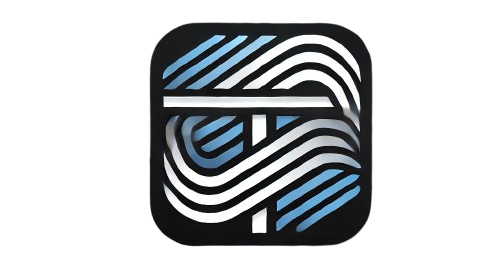Understanding C Programming Syntax
C programming is known for its structured and straightforward syntax. Understanding the syntax is the first step toward mastering this powerful language. This guide will introduce you to the fundamental syntax of C, helping you write your first C program with confidence.
Structure of a C Program
Every C program follows a specific structure, which includes the following components:
- Preprocessor Directives: These lines begin with a
#and are used to include libraries or define macros. For example:
#include <stdio.h>This line tells the compiler to include the standard input-output library.
- Main Function: Every C program must have a
main()function, which serves as the entry point of the program. For example:
int main() {
return 0;
}- Statements and Code Blocks: The body of the program consists of statements enclosed within curly braces
{}. Each statement ends with a semicolon (;).
Basic Syntax Rules
- Case Sensitivity: C is a case-sensitive language. For example,
Variableandvariableare considered different. - Semicolons: Every statement must end with a semicolon.
- Comments: Comments are used to explain the code and are ignored by the compiler. They can be single-line (
//) or multi-line (/* */).
Data Types and Variables
C supports various data types to define variables. Common types include:
intfor integersfloatfor floating-point numberscharfor characters
Example:
int age = 25;
float pi = 3.14;
char initial = 'A';Input and Output
The printf() and scanf() functions are commonly used for output and input, respectively:
printf(): Prints output to the console.scanf(): Reads input from the user.
Example:
#include <stdio.h>
int main() {
int age;
printf("Enter your age: ");
scanf("%d", &age);
printf("Your age is %d", age);
return 0;
}Control Structures
C provides control structures to manage the flow of the program:
- If-Else Statement:
if (age > 18) {
printf("You are an adult.");
} else {
printf("You are a minor.");
}- Loops:
- For Loop:
c for (int i = 0; i < 5; i++) { printf("%d\n", i); } - While Loop:
c int i = 0; while (i < 5) { printf("%d\n", i); i++; }
Functions in C
Functions are used to organize code into reusable blocks. A function in C has the following syntax:
returnType functionName(parameters) {
// Function body
}Example:
int add(int a, int b) {
return a + b;
}Conclusion
Mastering the syntax of C is crucial for writing efficient programs. By understanding the basic structure, rules, and common constructs, you can begin creating your own programs and exploring more advanced concepts. C’s syntax, while simple, is a gateway to developing robust applications and systems.
